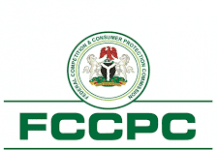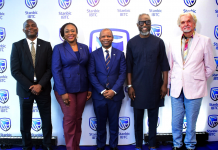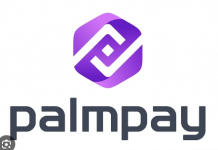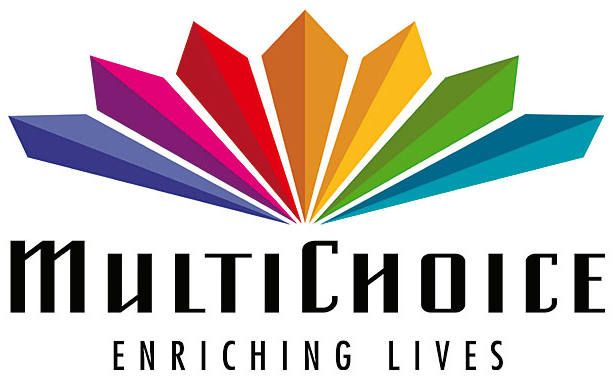With a presence in 49 African countries, MultiChoice is the company behind popular video entertainment and internet brands like DStv, GOtv, Africa Magic and MWEB, South Africa’s second largest internet provider.
It is not immediately clear why MTN would be interested in acquiring MultiChoice, given that the former has almost 50 times the subscriber base of the later. MultiChoice has a meagre subscriber base of only about five million while MTN has over 230 million subscribers (35% of which originate from Nigeria). However, MTN’s reach extends to only 20 African countries so this might present an opportunity to spread its tentacles quickly.
Beyond the potential wider reach for MTN however, there is also the more obvious content play opportunity. Just a few weeks earlier, MultiChoice was reportedly working out a possible partnership with MTN towards providing content for smartphones. This is a more likely motivation for MTN to consider acquiring the company.
On the other hand, Naspers (the parent group behind MutliChoice Africa) also has a strong motivation to sell — the opportunity to offload struggling content play operations in Africa, leaving room to refocus efforts on its more rewarding venture of investing in internet companies like Konga and OLX.
For now, all of this is still speculation. According to MyBroadband South Africa, which first broke news of the proposed acquisition, “MultiChoice and Naspers sidestepped the question on the potential sale, and instead confirmed it is in discussions regarding a content supply agreement with MTN”.
The plan by telecommunications giant, MTN Group, to acquire Naspers Limited, parent company of MultiChoice Africa, has been linked to the dynamic technology innovation globally where people may not necessarily have to patronise pay-TV to watch their desired channels’ contents, according to a source.
The stinging economic state of Nigeria which has affected pay-TV has also been noted as one of the reasons why DStv? and GOtv may have to be acquired.
In recent years, the usual high financial flow previously enjoyed by premium pay television providers has been declining.
Indeed, service providers in Nigeria, DStv and GOtv operating under MultiChoice, StarTimes, CONSAT, among others, have been grappling with declining subscription numbers due to weak purchasing power of subscribers.
Besides, the introduction of Netflix, which is the world’s leading internet television network with over 100 million subscribers in over 190 countries enjoying more than 125 million hours of TV shows, movies, documentaries and more on thousands of internet-connected devices.
At the weekend, MTN, South African telecommunications company, began effective discussions with Naspers regarding the sale of the company.
According to reports, the disposal of MultiChoice Africa will not affect the South African division of the TV network, although the plans have not been made public.
“A sale is one of a number of options being considered by Africa’s biggest company by market value, and a final decision hasn’t been reached. Naspers and MTN Group have briefly discussed a deal for MultiChoice Africa, but no agreement was reached”, a source privy to the deal said.
A sale of MultiChoice Africa would mean a shift away from its traditional media business, which includes newspapers and MultiChoice’s main product, the DStv satellite-TV service by Cape Town-based Naspers.
Both companies confirmed weekend that they are still in talks about sharing TV content, video-on-demand services, on smartphones.
During its November results presentation, Naspers had blamed the weakening currencies and economies in some African countries for its lower dollar revenue as the company charges customers in local currencies.
Nigeria recently experienced its worst recession in 25 years and the naira lost value against the dollar to trade as low as N500 to a dollar.
MultiChoice Africa, founded in 1996, offers entertainment services for subscribers in over 49 countries.
Various methods are now being explored by customers to ensure they still enjoy pay television services. While some have migrated from premium bouquets to low-rate bouquets, others have out rightly stopped to recharge their subscription.
Most free-to-air services being enjoyed by some subscribers are now inactive. The development has not changed the minds of many people who have resorted to watching local stations which are naturally free rather than paying subscription fees.
In a bid to forestall customers’ attempts to dump their respective services, the pay TV operators are now offering one promo or the other.
The pay-TV service monopoly held by DStv over the years was broken by DaarSat and Hitv. Others now also competing in the market include StarTimes, MyTv, Joy Tv, CONSAT and many more.












































